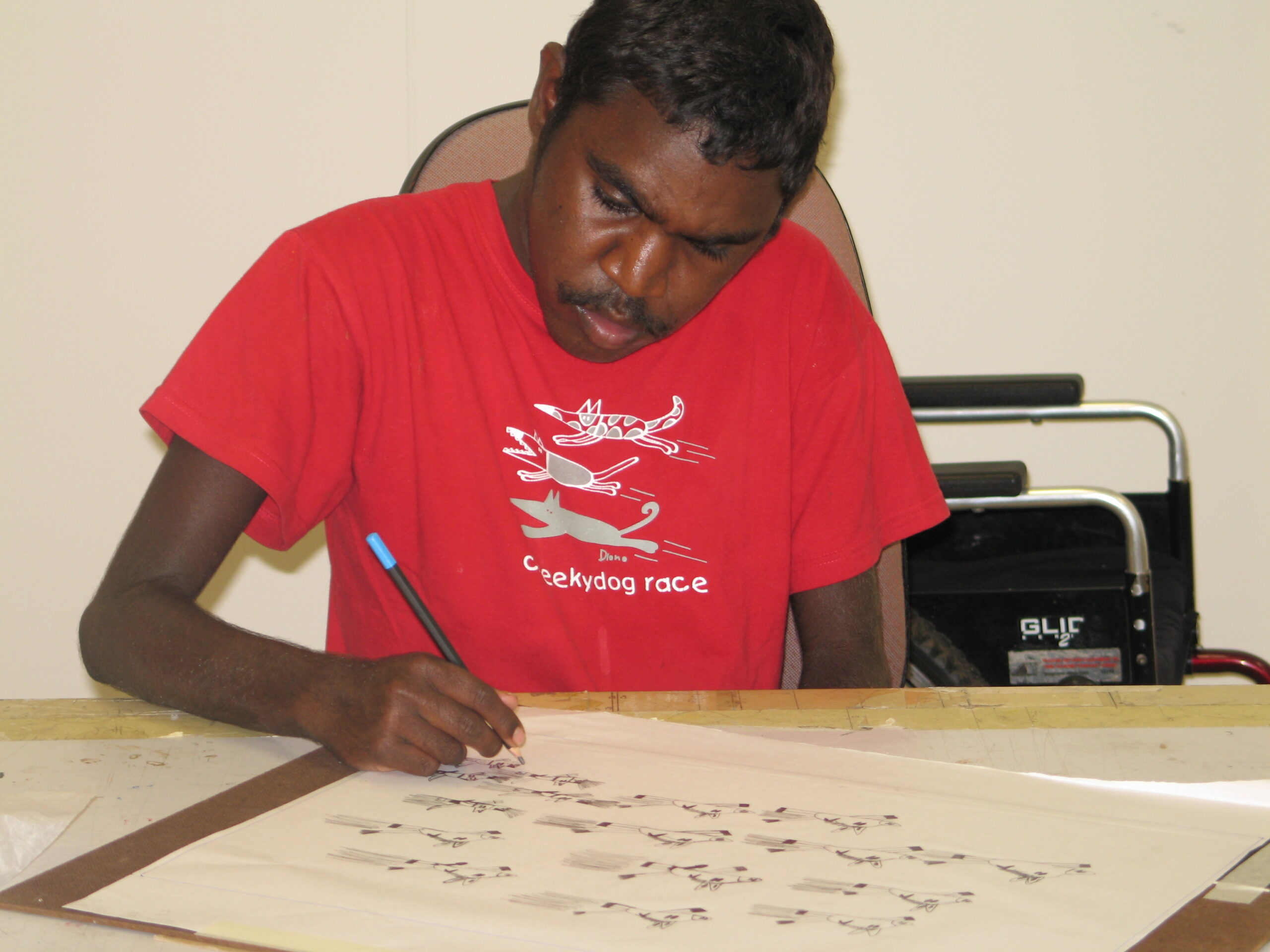Charity registration is now a precondition for Deductible Gift Recipients (DGRs)

A Deductible Gift Recipient (DGR) is an organisation with a tax status that allows donors to make tax deductible gifts of over $2 to the organisation. It’s an incentive for donors – you would have seen the wording ‘donations over $2 are tax deductible’ – and some grant makers and philanthropic bodies can only fund organisations with DGR status.
A bit of background – to get the DGR endorsement from the Australian Tax Office (ATO) your not-for-profit organisation needs to satisfy the requirements of one of the general DGR categories as set out in income tax law. For example, for arts organisations seeking DGR endorsement, there is the DGR category for organisations approved for entry on the Register of Cultural Organisations (ROCO). (Australian organisations can be listed on ROCO if they meet the requirements including that their principal purpose is to promote cultural activities in Australia such as visual arts, arts or languages of Indigenous persons, music, film, literature, crafts and design.) If approved for listing on the ROCO, the organisation is entitled to DGR endorsement.
Changes to DGR laws
The Treasury Laws Amendment (2021 Measures No. 2) Act 2021 has now received Royal Assent. This means that from 14 December 2021 all non-government DGRs are required to register as a charity with the Australian Charities and Not-for-profits Commission (ACNC), except for ancillary funds or DGRs specifically listed in tax law.
The Act makes charity registration a precondition for DGR endorsement. While this precondition has already been around for the majority of general DGR categories, it has now extended the requirement to the remaining general DGR categories – including the ROCO category.
These changes are described on the ATO’s website as “designed to improve the consistency of regulation, governance and oversight of DGRs in order to uphold community confidence and trust in the sector.”
Who is affected by the requirement to register as a charity with ACNC?
All non-government DGRs (except for ancillary funds or DGRs that are specifically listed by name in tax law).This includes:
- Existing non-government DGRs that wish to maintain their DGR status.
- Non-government entities seeking to apply for DGR endorsement, and are within one of the DGR categories affected by the new law. This includes the ROCO category. So now, if you’re wanting to apply for entry on the ROCO and DGR endorsement, you will need to be registered as a charity with ACNC.
If your organisation is already registered as a charity with the ACNC, you are not required to do anything. Just make sure you continue to fulfil your obligations as a charity and for DGR endorsement.
What if you are an existing DGR listed on the ROCO?
All existing DGRs listed on the ROCO on 14 December 2021 get an automatic 12 month general transition period to register as a charity (no application is required). So, you have until 14 December 2022 to get charity registered. It is possible in limited circumstances, to apply to the ATO for a 3 year extension to 14 December 2025 if you need more time.
It’s best to start moving on this now, as you don’t want to risk losing your DGR endorsement if time runs out. For example, you may need to update your governing document to be compliant with ACNC charity requirements. If you don’t register in time, the ATO may revoke your DGR endorsement which means you will not be able to receive tax-deductible donations or gifts.
It’s really important to ensure the ATO has your updated contact details including your current email address. For the best way to update your contact details with the ATO, go to Update your details. It’s sensible to put in place practice and procedures for when there is a change of personnel, so that there is always a contact person in your organisation for the ATO. (The ATO has a handy handover checklist here Handover checklist for not-for-profit administrators)
It’s also a good idea to subscribe to the ATO’s Not-for-profit Newsletter to be kept up to date for guidance.
What if you have an application in progress for entry on the ROCO?
If you have an existing application with the ROCO, you should register with the ACNC to ensure your ROCO application is able to progress. You should check with the Register of Cultural Organisations as to when it needs you to get charity registration by.
Applications not approved by the relevant Ministers before 14 December 2021 are not eligible for the 12-month general transition period or the three-year extension period to obtain charity registration.
For questions about the status of your ROCO application, email Register of Cultural Organisations at [email protected]. Or you can simply visit the ACNC website now to apply for charity registration. It’s also worth subscribing to the ATO’s Not-for-profit Newsletter to be kept up to date for guidance.
What if you haven’t yet applied for entry on the ROCO and DGR endorsement?
If you intend to apply for entry on the ROCO, even if before 14 December 2021, you will need to register as a charity with the ACNC first, and then lodge a separation application directly with the Department of Infrastructure, Transport, Regional Development and Communications for entry on the ROCO. If these applications are successful, the organisation is entered on the ROCO, and the Department informs the ATO and the ATO endorses the applicant as a DGR. You should check with the Register of Cultural Organisations for any current timing requirements for lodging a ROCO application.
More information
Contact Arts Law for advice.
For more information about these changes to the DGR laws see the ATO’s website DGRs required to be a registered charity | Australian Taxation Office (ato.gov.au)
For information about entry on the ROCO, see here.
For information about registering as a charity, see the ACNC website.
As an alternative to DGR endorsement, artists and arts organisations might consider registering their project with the Australian Cultural Fund administered by Creative Partnerships Australia.
If you have any questions about DGR endorsement or the three-year extension, phone the ATO’s Not-for-profit Premium Advice Service on 1300 130 248 between 8.00am and 6.00pm, Monday to Friday.




